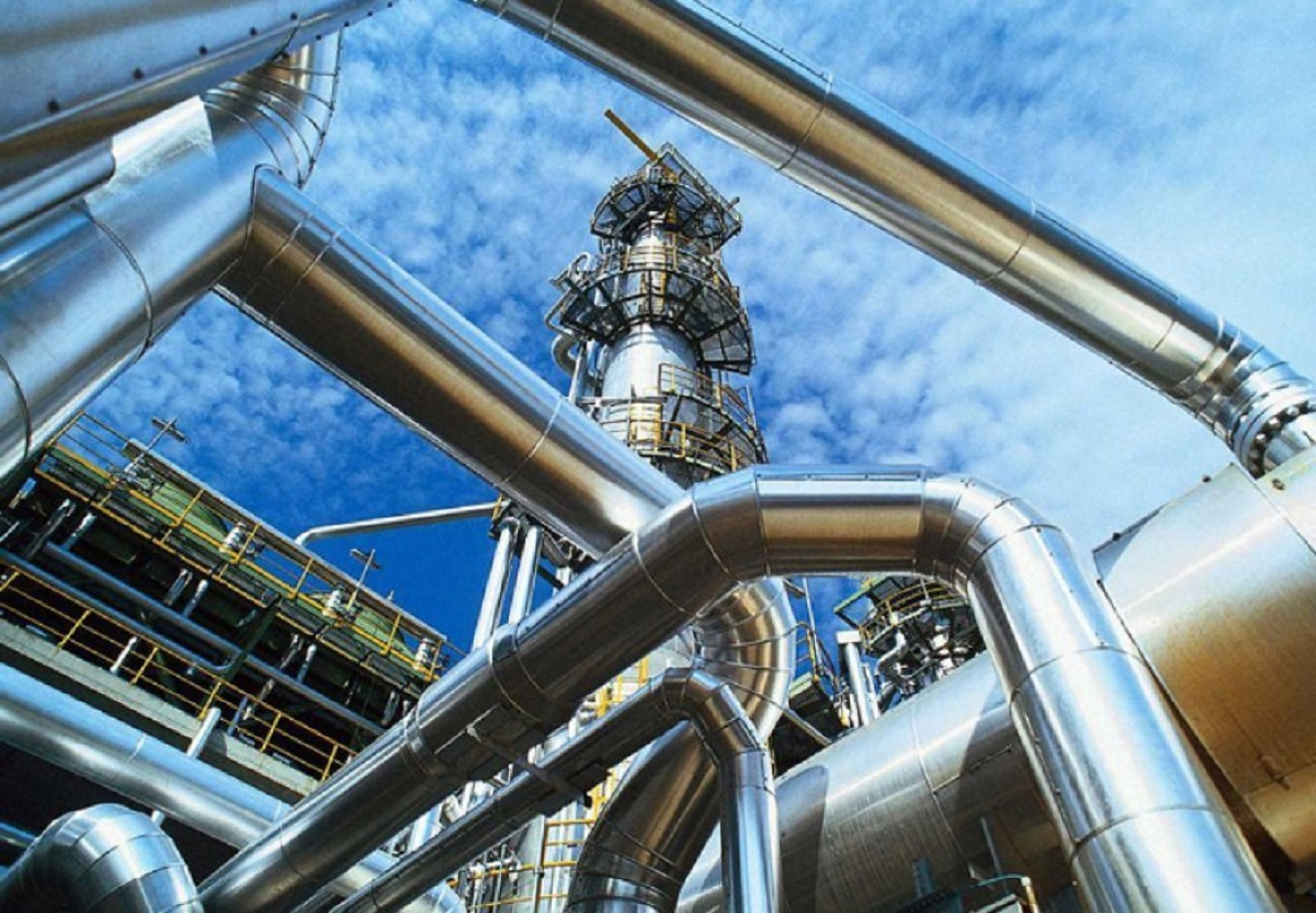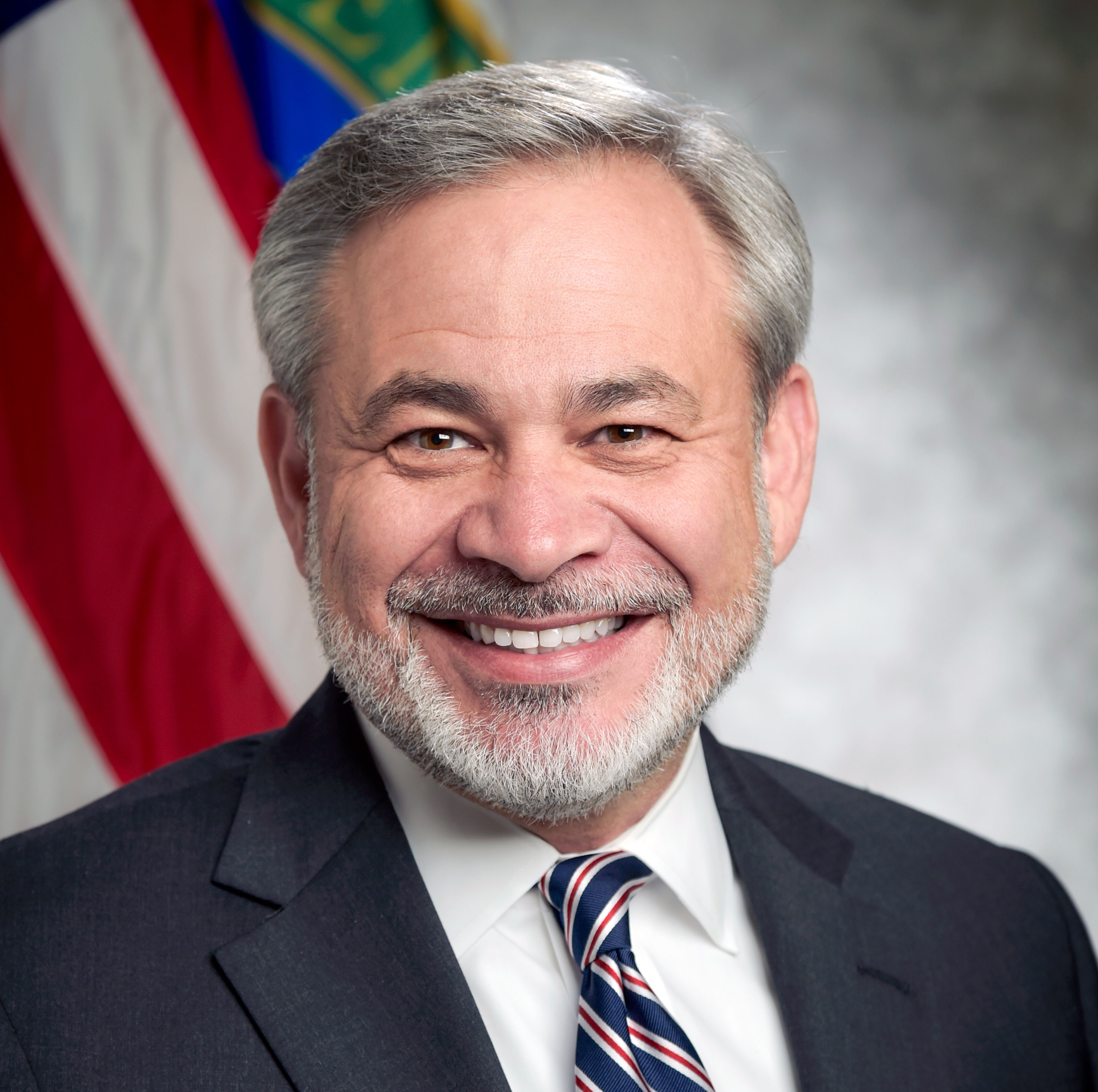In recent years, the Department of Energy has invested hundreds of millions of dollars in the innovation needed to capture carbon emissions,
September 1, 2020By Dan Brouillette, Secretary of Energy
Under the Trump Administration, our Nation is leveraging our energy bounty to benefit the American people. We’re pursuing a true “all-of-the-above” energy strategy that harnesses the power of nuclear, solar, wind, coal, natural gas, oil, hydropower, and many other energy technologies. But there is more to our story; we’re being good environmental stewards by keeping our air, water, and land clean for generations to come.
In recent years, the Department of Energy (DOE) has invested hundreds of millions of dollars in the innovation needed to capture carbon emissions, use it as a feedstock for valuable products, store it safely underground, and make sure that we do so in a cost-effective way.

On September 1, DOE announced the award of nearly $72 million in federal funding to support the development and advancement of carbon capture technologies under two funding research and develop (R&D) opportunity announcements. The first announcement awarded $51 million to nine new carbon capture projects for coal and natural gas power plants and industrial sources. The second announcement awarded a total of $21 million to eighteen projects for technologies that remove carbon dioxide (CO2) from the atmosphere, a process known as direct air capture.
This R&D will build on the work started under my predecessor, Secretary Rick Perry. In 2017, Secretary Perry tasked the National Petroleum Council to perform two studies, one on U.S Oil and Natural Gas Transportation Infrastructure, and one on Carbon Capture, Utilization and Storage (CCUS), both of which were released in December 2019.
The CCUS study’s overarching goal was to define potential pathways leading to its deployment at commercial scale, with the understanding that achievement of this objective for the United States would promote economic growth and prosperity, protect the environment, and enhance our energy security.
This report drew on a diverse set of stakeholders, involving over 300 participants from 110 different organizations, including 17 international members. Over half of the participants are employed by organizations outside of the oil and natural gas industry.

The study found that there is untold potential not just for capturing CO2, but in job creation as well. As Assistant Secretary for Fossil Energy Steven Winberg recently stated, “Our ultimate goal is to mature these technologies so that they can be brought to a commercial CO2 market.”
Once that happens, Americans across the country will find meaningful work in the CCUS field.
DOE is committed to supporting these projects to encourage the innovation and research that will allow the private sector to drive the development and entrepreneurship for which America is known. Part of our mission is to ensure our Nation’s security and prosperity by addressing its energy and environmental challenges through transformative science and technology solutions. Our public and private sector partnership on CCUS is a new frontier that will further strengthen American energy leadership in the 21st century.
Dan Brouillette
Dan Brouillette, Former Secretary of the U.S. Department of Energy

Dan Brouillette served as the 15th Secretary of the U.S. Department of Energy. Secretary Brouillette has three decades of experience in both the public and private sector. Most recently he was the Deputy Secretary of Energy.
He also served as the Senior Vice President and head of public policy for USAA, the Nation’s leading provider of financial services to the military community. Before joining USAA, Secretary Brouillette was a Vice President of Ford Motor Company, where he led the automaker’s domestic policy teams and served on its North American Operating Committee.
At Ford and USAA, he was part of senior management teams that helped bring to market innovative technologies like auto collision avoidance and remote deposit capture, a technology invented by USAA that allows the use of smart devices to deposit funds into our banking accounts.
Before his transition into the private sector, Secretary Brouillette held numerous positions in government. He was Chief of Staff to the U.S. House of Representatives Committee on Energy and Commerce, which has broad jurisdictional and oversight authority over five Cabinet-level Federal agencies. He also served as Assistant Secretary of Energy for Congressional and Intergovernmental Affairs from 2001 to 2003. In addition, he is a former state energy regulator, having served as a member of the Louisiana State Mineral and Energy Board from 2013 to 2016.
Secretary Brouillette and his wife, Adrienne, are both U.S. Army veterans and have been married for 28 years. They hail from San Antonio, TX, and have nine children.

